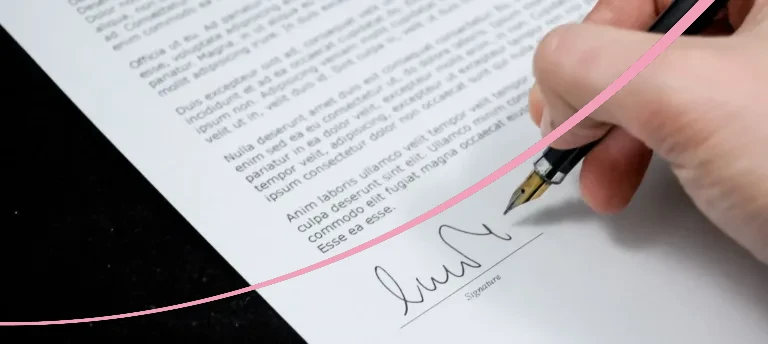In this blog, Damian Kelly, head of Lodders’ Employment Law team, discusses some key considerations surrounding your business’ social media policy.
In case you are not aware of the details of the dispute between the BBC and Lineker, it started when Lineker (who presents Match of the Day on BBC) shared his opinion on the government’s new immigration policy via his personal Twitter account. By comparing the language the Government used regarding the policy to the language used by Germany during the 1930s, the BBC stated that Lineker had failed to follow their social media policy and he was briefly removed from his Match of the Day hosting position.
While Lineker’s Tweet generated much controversy, there was some discussion regarding his apparent freelance status and how this affected his obligations to the BBC. The BBC maintained that individuals who are clearly associated with them, even if “only” freelancers, must behave appropriately and uphold the BBC’s “editorial values and policies”.
Since then, it seems that the BBC has learnt the error of its ways and in September 2023 updated its social media guidelines to include a strengthened “Lineker” clause, in an attempt to stop high-profile presenters expressing strong views on party politics.
The new guidelines create a new category of presenters of flagship television and radio programmes who will face tighter rules. The BBC states that the individuals are not allowed to endorse or attack a political party, or criticise the character of individual politicians, but are free to express opinions about issues that matter to them.
Who does your social media policy cover?
You may be tempted to think that if a social media policy is in place, it will automatically be clear who it applies to, and people will understand how it impacts them. However, this is a risky approach.
If your business uses freelancers, contractors and other third parties, then it may be best to ensure they are aware of, and adhere to, your social media policy, to help protect your brand. Bear in mind that as much as social media can enhance brand awareness, it can be equally powerful when it comes to damaging brands too.
This does not mean that social media is something to steer clear of, but rather that it is a useful and beneficial tool when used correctly.
What does the policy extend to?
As social media platforms are integrated into everyday life for lots of people, it is likely that many of your staff will already have personal social media channels.
By extending their social media policy to personal social media accounts too, employers ensure that staff can be held accountable for their actions if, for example, they said something derogatory about your business on one of their channels. All staff should be made aware of exactly what this means for them.
How will you ensure staff understand your social media policy?
The best way to make sure that all staff are made aware of your social media policy (other than sharing it with them, of course!) is to provide training for all employees – and contractors, if the policy extends to them too. This will minimise the chances of a dispute. Should a dispute arise around their use of social media, offering adequate training will also mean that staff are less likely to be able to claim that they were not aware of how the policy affected them.
For more advice on how to protect your business from the risks relating to social media, please contact Damian Kelly, a partner at Lodders and head of our Employment Law team.
Contact us
CONTACT US
Need more advice?
For help with a legal problem or more information on any of our services at Lodders, please get in touch with our friendly team. You can contact us via the number or email address below, or fill in the form and we will get back to you as quickly as we can.

Read more
Other news, insights and events







